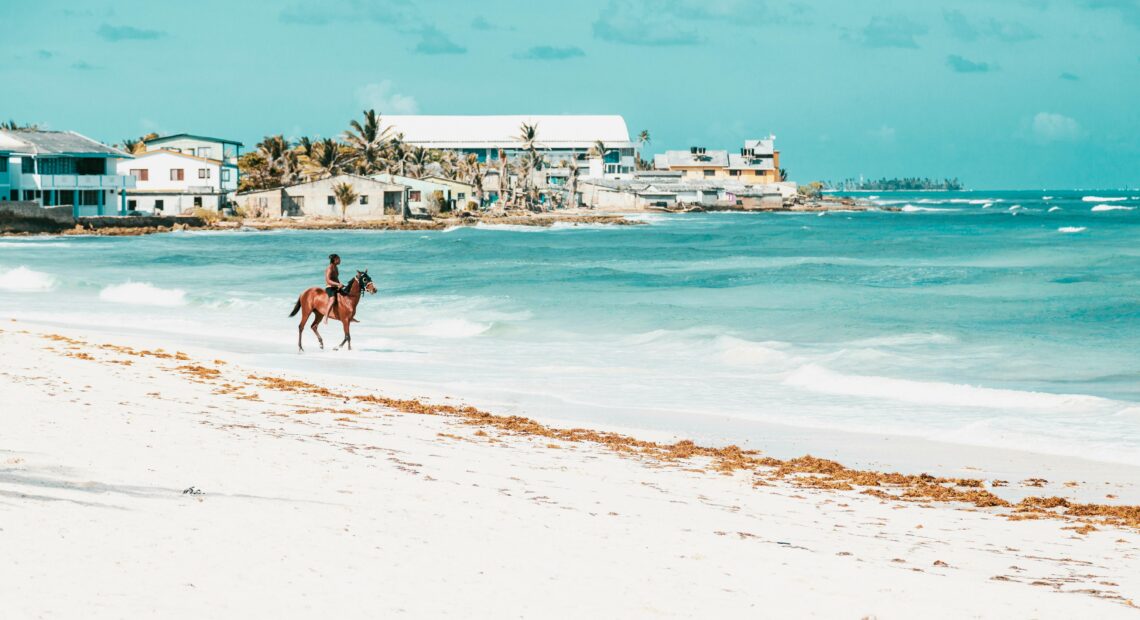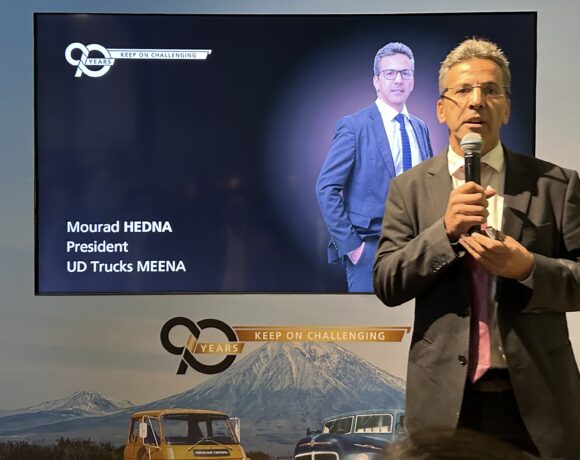UN Tourism and CAF to promote regional tourism in the Americas

MoU signed in Madrid
The United Nations World Tourism Organization (UNWTO) has entered into a new collaboration with the Development Bank of Latin America and the Caribbean (CAF). The partnership promotes Latin America’s rich tourism potential while fostering sustainable development.
UNWTO Secretary-General Zurab Pololikashvili and CAF Executive President Sergio Díaz-Granados signed a Memorandum of Understanding (MoU). The agreement focuses on promoting the CAF Regional Brand of Latin America and the Caribbean, an initiative designed to increase tourism investment, stimulate partnerships, and facilitate the development of projects that will elevate the region’s global presence.
The CAF Regional Brand, created to unify the region’s diverse offerings, presents a consolidated identity highlighting Latin America and the Caribbean’s unique cultural, natural, and historical treasures. By leveraging this powerful brand, CAF aims to attract more international attention and investment, contributing to the long-term growth of the tourism sector.
The MoU was formalised during the FITUR international tourism trade fair in Madrid, one of the world’s most significant events for the tourism industry. This setting underscores the global nature of the collaboration, with both parties aiming to place Latin America and the Caribbean at the forefront of sustainable tourism development.
UNWTO Secretary-General Zurab Pololikashvili stated: “This agreement marks an important step towards enhancing the visibility of Latin America and the Caribbean’s rich tourism potential. By joining forces with CAF, we can ensure a coordinated and sustainable approach to promoting regional tourism.”
He emphasised that this collaboration will help increase the global recognition of the region’s tourism assets and contribute sustainably to the sector’s overall development.
CAF Executive President Sergio Díaz-Granados echoed these sentiments, highlighting the importance of regional unity. “Latin America and the Caribbean is an incredibly diverse region, culturally, geographically and economically. The Regional Brand offers a single, strong vision for the entire region. With the support of UNWTO, we are confident this partnership will help promote the tourism sector, driving growth and creating new opportunities for the region.”
The agreement outlines several key areas for cooperation, including joint communications efforts to promote the CAF Regional Brand across various platforms and collaboration at significant tourism events.
Through these initiatives, UNWTO will support CAF in amplifying the brand’s message, attracting more international tourists and investment in the region. The two organisations will also collaborate to create projects that ensure responsible and sustainable tourism growth.
Latin America and the Caribbean offer abundant tourism opportunities, from breathtaking natural landscapes to vibrant cultural experiences. This new partnership aims to harness these assets for immediate economic gains and long-term, sustainable development that benefits local communities and preserves the region’s environmental and cultural heritage.
As the collaboration between UNWTO and CAF progresses, Latin America and the Caribbean are expected to grow significantly in visibility on the global tourism map, which will positively impact the region’s economy and the livelihoods of millions of people dependent on tourism.
Image: Credit: Latin America and the Caribbean offer abundant tourism opportunities, ranging from breathtaking natural landscapes to vibrant cultural experiences. Leonardo Rossatti
Last Updated on 1 day by News Desk 2













